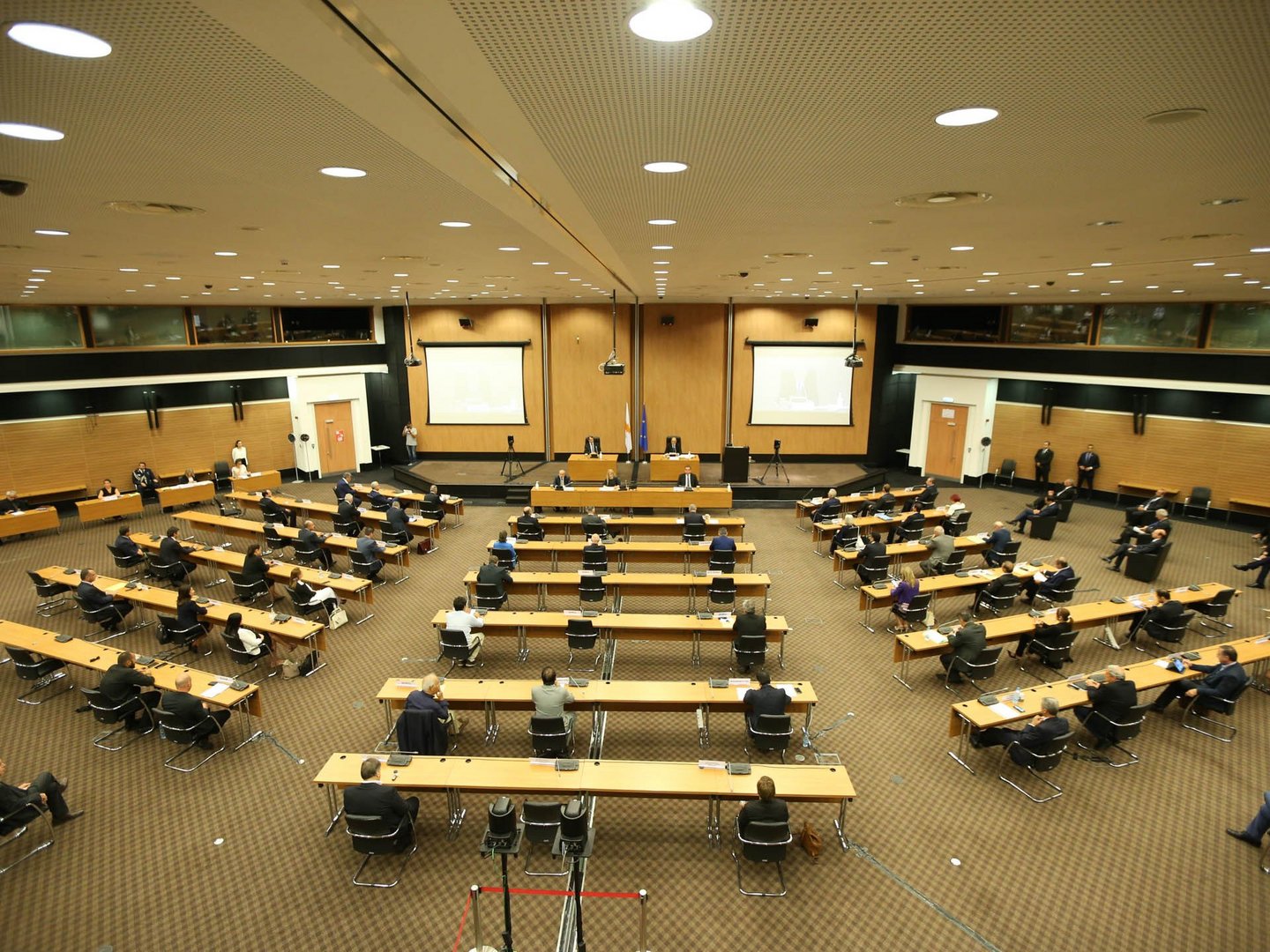Under pressure from the political parties, to address the issue of setting a minimum wage in exchange for their support for the 2021 budget, the government came up with a declaration of intent. On Wednesday the Council of Ministers decided that the “dialogue for establishing mechanisms to determine minimum wages across the spectrum of political activity will begin when conditions of full employment would be created.”
It was a classic example of political subterfuge, but it was a face-saving solution for Edek and Alliance of Citizens that demanded the setting of a minimum wage for voting for the state budget. The council of ministers’ decision is a theoretical commitment that will be put into practice when there are “conditions of full employment,” in two, three, or 20 years. We suspect nobody has an idea of when we actually have full employment conditions, an ideal that is attained only in economics textbooks.
This political trickery is justified to deal with populist instincts of political parties posing as the protectors of low-income earners, while disregarding the damage their policies cause the economy. To be fair it is not only the opposition parties that toy with these uneconomic ideas. Before the pandemic, labour minister Zeta Emilianidou had taken up the idea of the minimum wage after talks with unions and even spoke about having a different one for each sector.
This is almost as idiotic an idea as that of the Christofias government’s labour minister, who insisted on setting a minimum wage with unemployment steadily rising – measure guaranteed to accelerate the unemployment rate. These Akel-promoted, command economy concepts, which have the state setting minimum wages, will cause market distortions, push up prices, slow down job creation and erode competitiveness. Unfortunately, they are embraced by almost all the parties, none of which have a basic understanding of market economics.
Akel, at least could use its superficial Marxism in its defence. Its union Peo, lashing out against the council of ministers’ decision made the following claim: “Human labour is not a commodity for its price to be determined in the market by supply and demand.” Presumably it should be determined by the state in consultation with the unions as has happened in the case of the public service, which boasts over-staffing, very low productivity and high levels of inefficiency.
In a well-functioning economy, wages are always determined by supply and demand. When they are determined by the state the economy is almost certain to under-perform, usually penalising the lowest earners. If we ever reach conditions of full employment and the government feels obliged to honour its promise, it could set a ‘minimum’ hourly rate for all sectors, based on demand and supply, and be done with matter.






Click here to change your cookie preferences